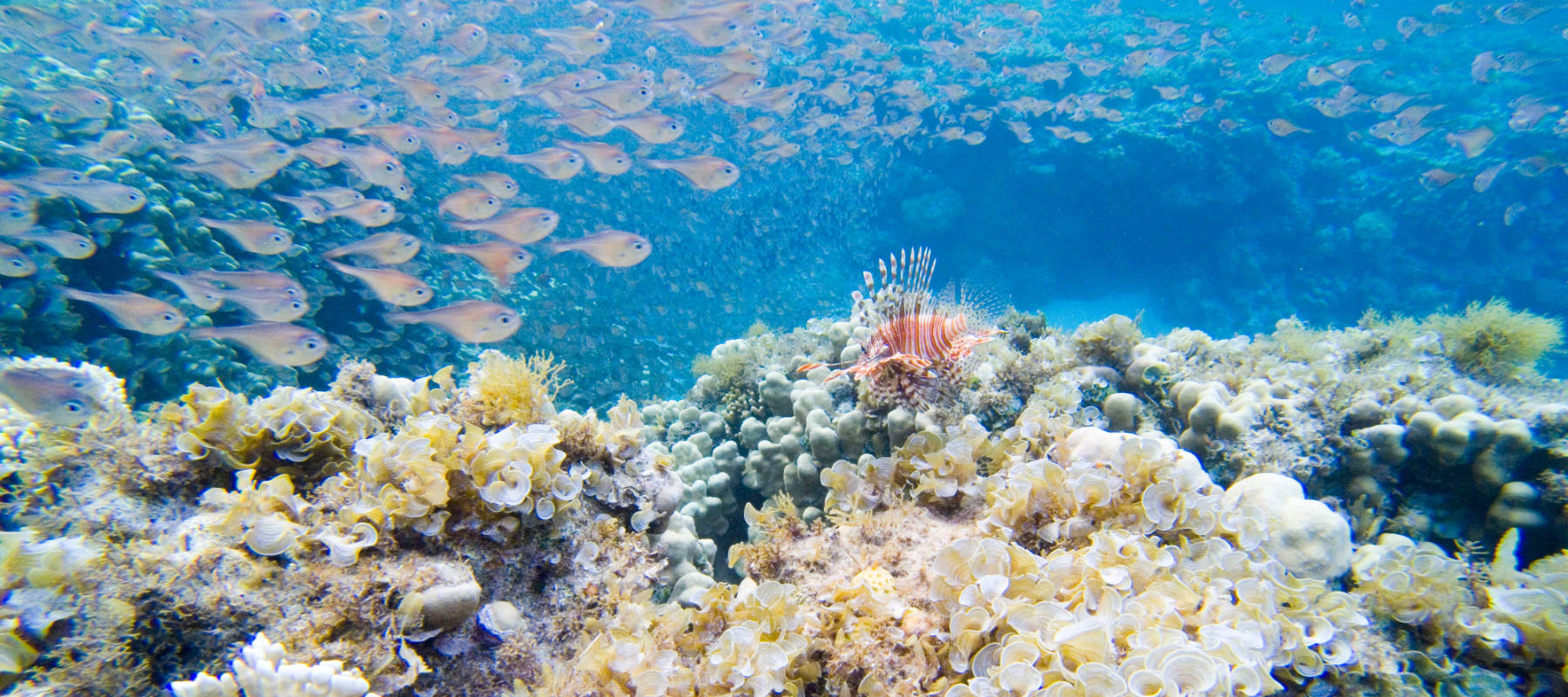Marine ecosystem services (thereafter, ES) are the benefits that humans obtain from marine ecosystems that support, directly or indirectly, their survival and quality of life in the planet, which also contribute to the development of the global economy. Oceans provide wealth and benefits that span all categories of ES identified by the Millennium Ecosystem Assessment: provisioning, regulating, cultural and supporting ES. Provisioning ES includes the high-profile marine ES such as food from capture fisheries, aquaculture and wild foods. Oceans constitute today important energy sources such as biofuels from algae as well as power generation from wave and tidal energy. Marine systems also are responsible for a wide range of regulating services like natural hazard regulation or the transformation, detoxification and sequestration of waste. Besides, ES have a strong influence in social-ecological interactions between humans and oceans that may create vulnerabilities but also exciting opportunities to develop more sustainable paths and methods to assess the performance of ecosystem services in coastal regions.
In this exciting context, the AEMI group combines integrated models and participatory approaches to investigate the biophysical, economic and socio-cultural changes of marine ecosystem services. Main objectives of the AEMI group are to:
- clearly understand the process of co-production of marine ecosystem services delivery,
- create a new conceptual framework to document empirical evidence of transformations of marine ecosystem services after crossing tipping points,
- develop integrated ecological-economic models of tipping points in marine social-ecological systems
- co-create adaptive strategies and future scenarios with stakeholders and propose policy responses in a context of an increasing impacts of anthropogenic pressures.
Project example:
